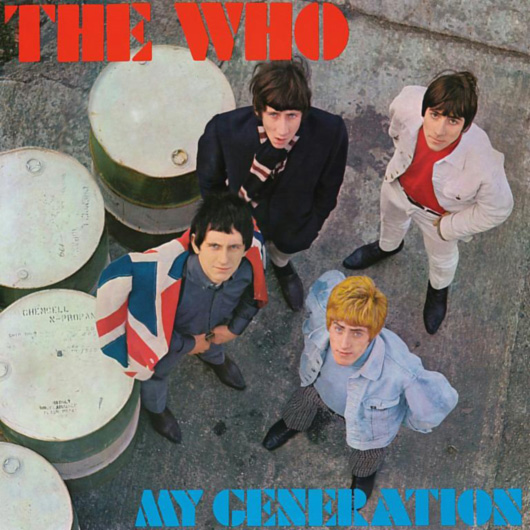10 great key change songs

10 great key change songs
Guitar Techniques editor Neville Marten follows up his cameo appearance on Chris Evans’s self-styled ‘Key Change Wednesday’ programme on BBC Radio 2 with 10 of his own favourite songs featuring key changes.
What do you think of Nev's choices? Check out the following list and post a comment below if you think there are any biggies that he's missed
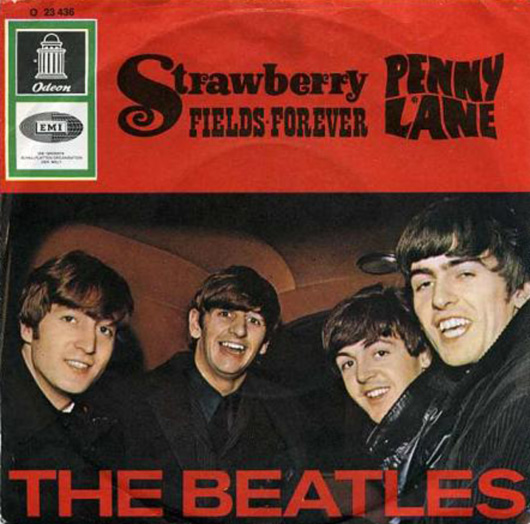
The Beatles - Penny Lane
Pure pop genius! McCartney flouts the unwritten law by going down a tone into the chorus, from the song’s verse key of C to Bb. But his vocal melody soars skyward so the listener is fooled into thinking that the key has too.
The final twist is the last chorus, which does change up!
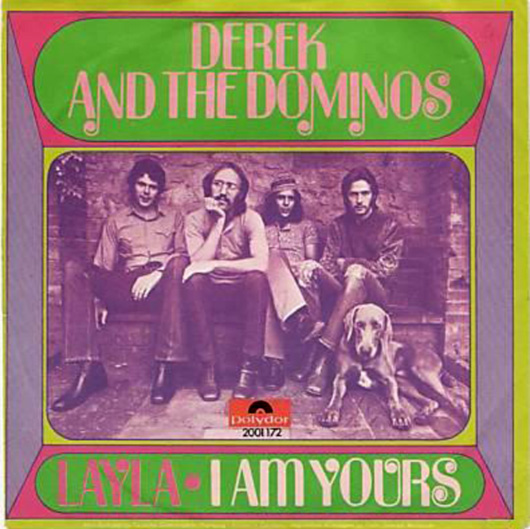
Derek And The Dominos - Layla
This is plain weird, but it fulfils a main key change objective by pulling the ear into the song.
The lead riff and main chorus is in D, but Clapton neatly diverts to C#m via a C power chord in the riff, giving the impression the key has sharpened, not flattened by a semitone.
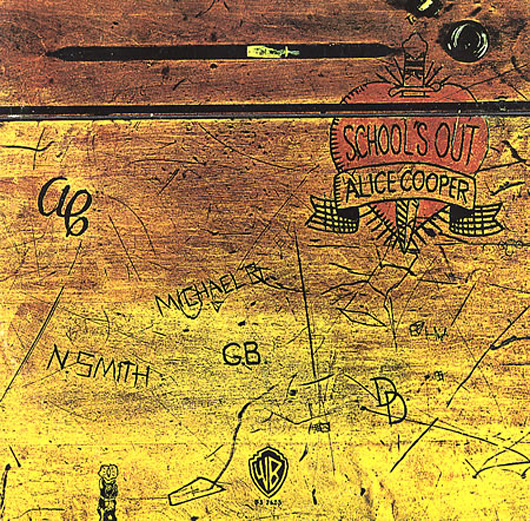
Alice Cooper - School's Out
Alice can’t play an instrument or write music down, so this fine songsmith dictates what he wants to the band.
While that famous riff and verse are in the key of E, Cooper does some deft stair-stepping via chords of C, D and Eb into the unrelated chorus key of Gm. There’s no other song like it!
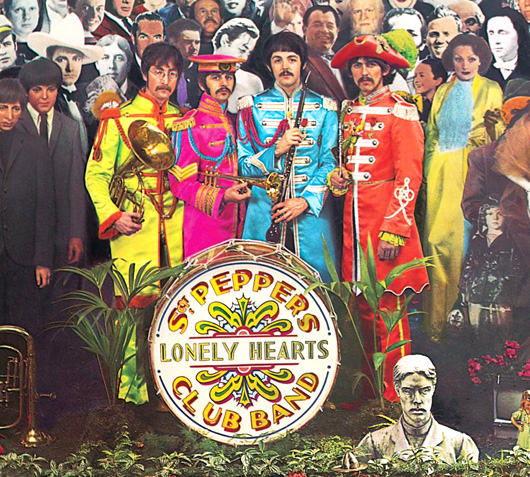
The Beatles - Lucy In The Sky With Diamonds
Lennon’s turn to amaze! Starting on a descending motif in A, John moves the bridge into Bb and winds through a convoluted sequence to the Zippo-waving chorus in G.
The clever bit is how he finishes the chorus on an A chord; and here we are, coolly back in the original key.

Diana Ross - Upside Down
Written by funk legends Nile Rodgers and Bernard Edwards, this classic funky chord riff goes: Gm7 to C, to F and back to Gm again.
But the verse section slides up chromatically to Bbm; and so confident were Rodgers and Edwards in the strength of the riff that they felt the entire verse could sit on that one chord. Cool!...

Stevie Wonder - Golden Lady
This track from Stevie’s Innervisions album climaxes with chorus after chorus of semitone increments.
Sometimes deemed a tacky ploy - as in Seasons In The Sun by Terry Jacks - here Wonder does it at the end of a deliciously clever composition, that also serves to showcase his amazing vocal range.

Johnny Cash - I Walk The Line
This simple country song revolves around a standard three-chord trick in F. The twist in the key change is that it goes up a fourth to Bb, and then by a further tone to C.
So essentially we have a three-chord trick played around each of the chords in a three-chord trick!
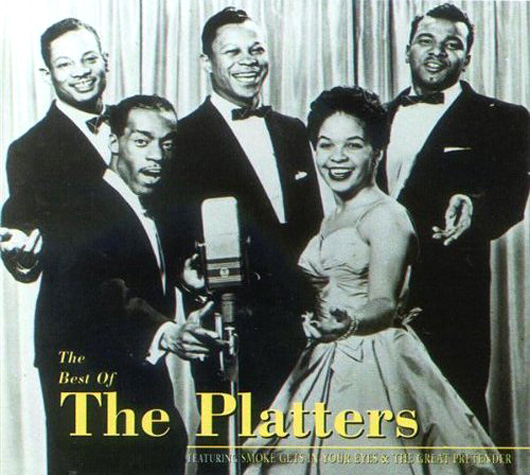
The Platters - Smoke Gets In Your Eyes
This Jerome Kern standard predates The Platters by a quarter century, but their massive 1958 hit version showcased its brilliant modulation from an Eb verse to B (technically Cb) for the middle eight.
A major third leap, it’s surely one of the most unusual of all key-changes.
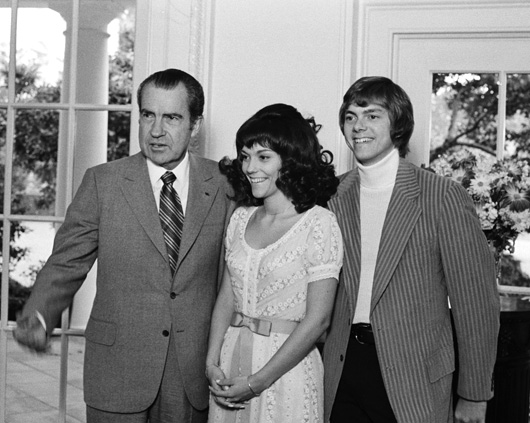
The Carpenters - Goodbye To Love
Said to be the song that instigated rock solos in pop ballads, Goodbye To Love garnered hate mail from hardened Carpenters fans that felt electric guitars were the spawn of the devil.
The neat key-change - from B to C# - comes as a mini-bridge section before the big "Ah" vocal section that sets up Tony Peluso’s fabulous outro solo.
And that's it. To read more about Nev's appearance on the Chris Evans Show, visit the Guitar Techniques blog.
